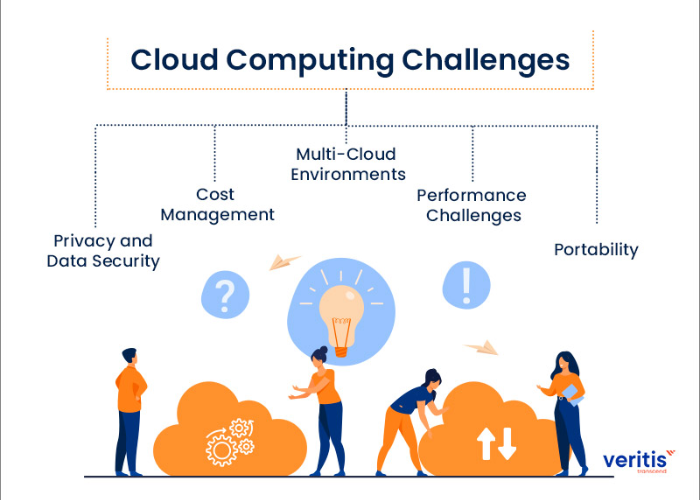Having a healthy gut is essential for overall health and wellbeing. It is the gateway to the body and is responsible for absorbing nutrients and eliminating toxins, as well as supporting the immune system. A healthy gut is home to a diverse population of beneficial bacteria that aid in digestion, protect the body from disease, and regulate metabolism. Unfortunately, the modern diet and lifestyle can be detrimental to gut health, leading to an imbalance of bacteria and an increased risk of disease. But with the right diet and lifestyle changes, you can keep your gut healthy and happy.
What is a Healthy Gut?
A healthy gut is the foundation of a healthy body, because it is responsible for so many aspects of physical and mental health. The gut is a complex system of organs, muscles, and bacteria that work together to allow us to digest food, absorb nutrients, and eliminate waste. The health of our gut is determined by the balance of beneficial and harmful bacteria, the quality of our diet, and the amount of stress we experience.
The most important factor for a healthy gut is a diet that is rich in fiber. Fiber helps to promote the growth of beneficial bacteria, which helps to fight off harmful bacteria and reduce inflammation. Foods such as legumes, vegetables, fruits, and whole grains are all excellent sources of fiber. Additionally, probiotic foods like yogurt, kefir, and sauerkraut can help to promote a healthy gut by introducing beneficial bacteria into the digestive tract.
Benefits of a Healthy Gut
A healthy gut is essential for overall health and wellbeing. It plays an essential role in digestion, nutrient absorption, immunity, and even your mental health. Having a healthy gut can help you maintain a healthy weight, reduce inflammation, and even reduce the risk of chronic illnesses such as heart disease and type 2 diabetes.
Probiotics are beneficial bacteria that help to promote a healthy gut. They help to restore balance to the gut and can help to improve digestion, reduce inflammation, and boost immunity. Eating probiotic-rich foods like yogurt, kefir, and fermented vegetables can help to improve gut health. Prebiotics are a type of dietary fiber that helps to feed the healthy bacteria in the gut. Eating prebiotic-rich foods like asparagus, garlic, and onions can help to promote a healthy gut.
Eating a balanced diet that is rich in fiber, fruits, vegetables, and lean proteins can also help to improve gut health. Eating a diet that is low in sugar, refined carbohydrates, and processed foods can help to reduce inflammation and support the growth of healthy bacteria in the gut.
Foods to Eat for a Healthy Gut
There are several types of foods that are beneficial for gut health. Probiotic foods contain beneficial bacteria that help to support a healthy gut microbiome. Examples include yogurt, kefir, kombucha, sauerkraut, and kimchi. Fermented foods, such as miso and tempeh, are also beneficial for gut health. High fiber foods, such as oats, beans, nuts, and seeds, are important for digestion and gut health. Leafy greens, such as spinach, kale, and Swiss chard, are full of vitamins and minerals that are essential for gut health. Finally, antioxidant-rich foods, such as berries, dark chocolate, and green tea, can help to reduce inflammation and support a healthy gut.
Foods to Avoid for a Healthy Gut
In order to keep your gut healthy, it is important to avoid certain foods. Processed and sugary foods should be avoided, as they can cause inflammation and disrupt the balance of bacteria in the gut. It is also important to avoid foods that are high in saturated fat and trans fats, as these can be difficult for the body to digest. Additionally, it is important to limit your intake of alcohol and caffeine, as these can also cause inflammation and disrupt the balance of bacteria in the gut.
Conclusion
Having a healthy gut is essential for overall health and wellbeing. With the right diet and lifestyle changes, you can keep your gut healthy and happy. Eating a variety of probiotic, fermented, high fiber, leafy green, and antioxidant-rich foods can help to support a healthy gut. It is also important to limit your intake of processed and sugary foods, as well as saturated fat, trans fats, alcohol, and caffeine. By following these tips, you can keep your gut healthy and enjoy all the benefits it has to offer.










